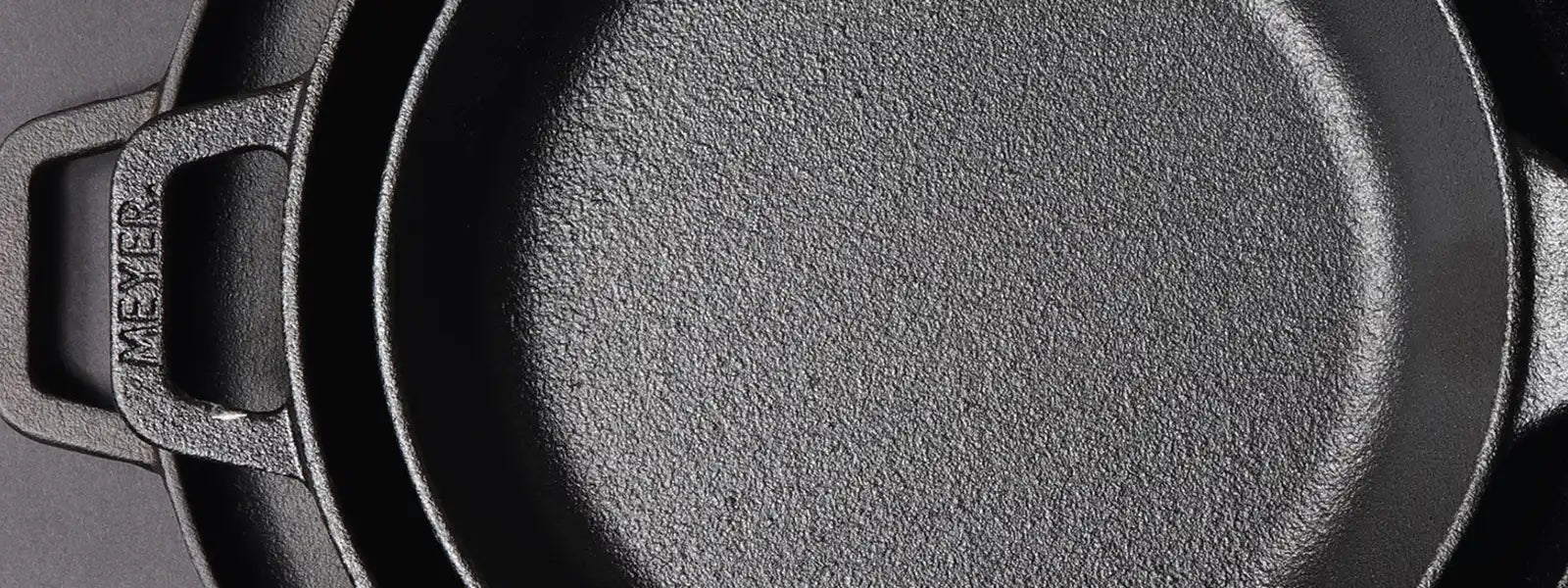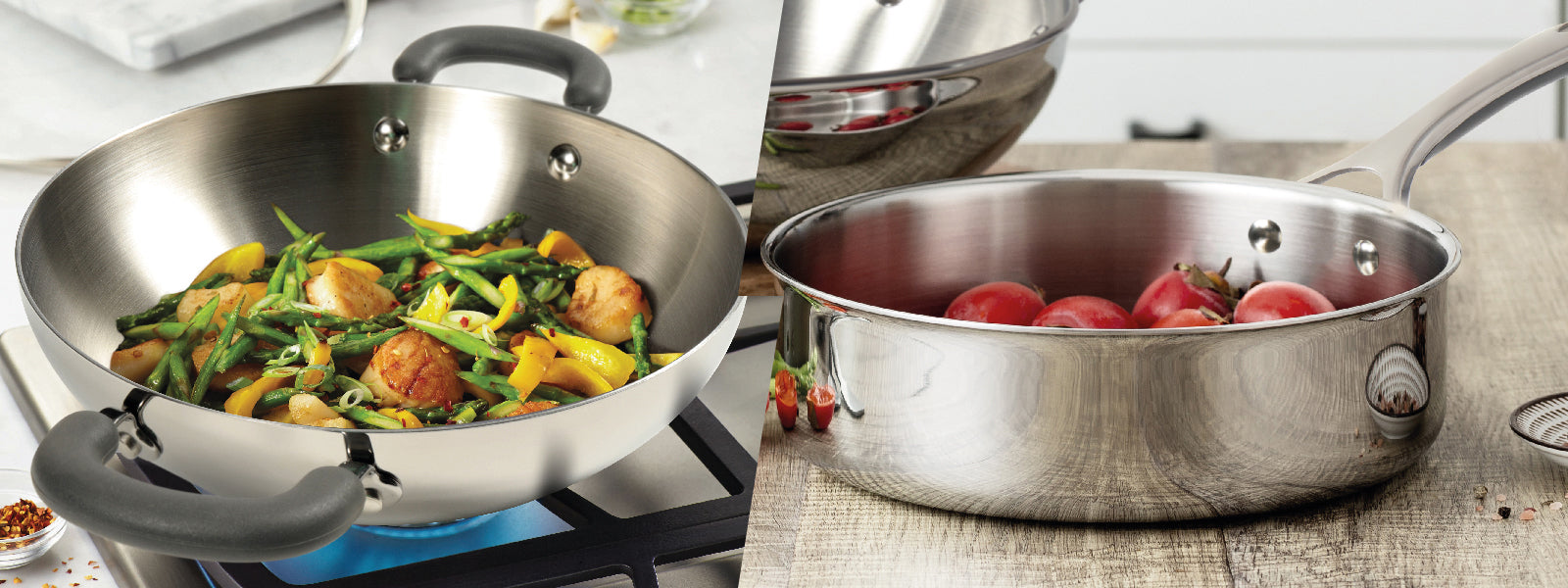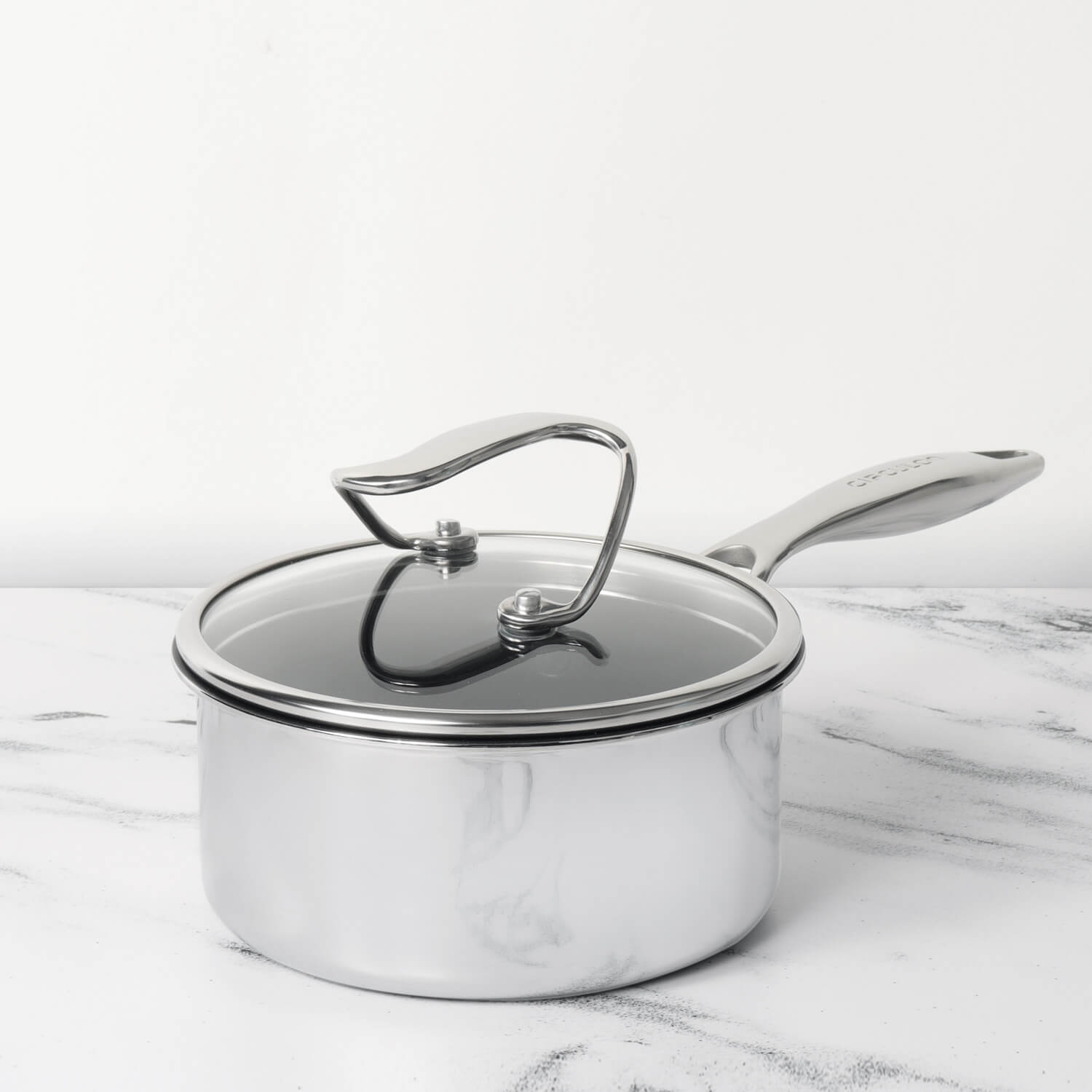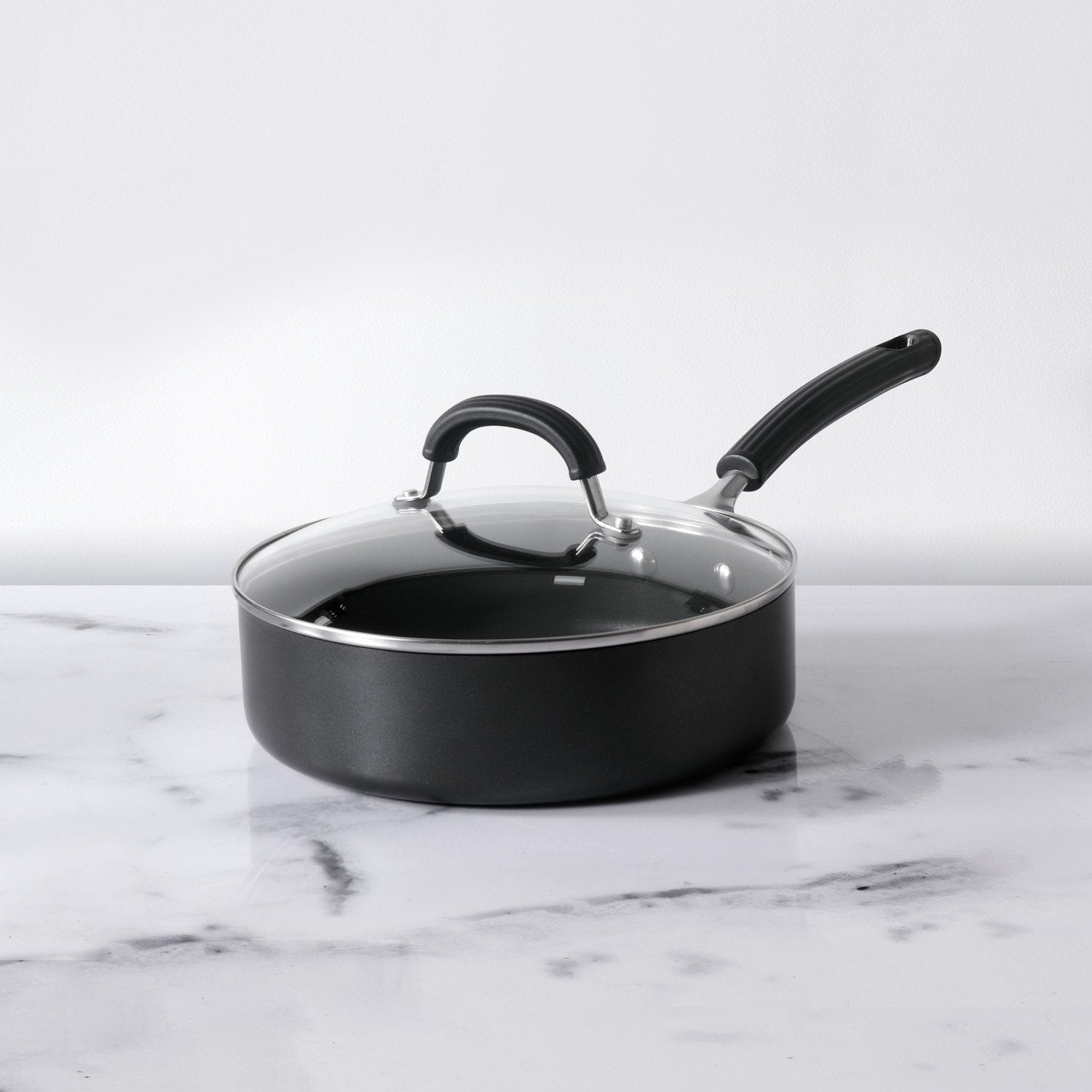Ajwain seeds are commonly used in Indian cooking as part of a spice mixture. The seeds are small and seed-like, with a fragrant smell similar to thyme. However, the taste of ajwain is more like oregano and anise, due to the bitter notes and strong flavor.
Table of Contents
What is Ajwain?
Ajwain is a member of the Apiaceae (or Umbelliferae) family of plants, together with coriander, cumin, and fennel. The fruit of the plant, which is frequently referred to as the seeds, is khaki in color, oval in shape, and has ridged leaves that resemble feathers. Ajwain is a spice that has been used in Indian, Middle Eastern, and African cuisine for centuries for both culinary and medicinal uses.
Ajwain resembles fennel and cumin seeds in appearance and has a strong thyme-like fragrance. However, due to the bitter undertones and potent flavor, it tastes more like oregano and anise. Ajwain, also known as carom seeds or bishop's weed and grown in India and Iran, is most frequently cooked before being added to a recipe. Although cooking with seeds is more usual, it is marketed both as seeds and as powder.
Origin of Ajwain:
It is believed that the ajwain plant originated in Persia (Iran) and Asia Minor (what is now Turkey). It later moved to India and is currently grown in the Middle East and North Africa as well. Depending on where in the world it is used, ajwain is also known as ajowan, ajowan caraway, ajave seeds, ajvain, ajwan, Ethiopian cumin, omam, and omum.
What does it taste like?
Ajwain and thyme both contain the chemical thymol, so that this popular Indian spice gives out flavors that are comparable to those of the green herb. But ajwain also blends this earthy, mint flavor with oregano's bitterness, cumin's sting, and anise's licorice flavor. Carom can overpower other components because of its multifaceted and potent statement.
Ajwain for cooking:
Ajwain is generally cooked and used in tiny amounts due to its potent, dominating flavor. The spice is frequently included in the tadka in Indian cuisine. When using the tadka, also known as tempering, entire spices are added to hot oil or butter (often ghee) and then cooked to create a substance known as a “chaunk”. Then, this oil and spice mixture is added to lentil recipes or used as a finishing touch or garnish.
The sharpness of ajwain, whether cooked or raw, is a welcome counterpoint to the richness of the ingredients when making a dish that contains a lot of fat or starch. In any case, a lengthy boiling period is advantageous for the seed since the heat softens the thyme flavor and enhances the anise aftertaste. Additionally, ajwains are also added to the dough for biscuits and bread, and after baking, they are sprinkled on top.
Ajwain for weight loss:
Ajwain seeds are popular in Asian cuisine for their unique bitter-pungent taste. But did you know that these tiny fruit pods can also help with weight loss? This ancient Ayurvedic medicine has been used for centuries to promote healthy digestion and treat flatulence and constipation. And we all know that the first step to losing weight is to have a healthy digestive system. Below are three ways in which you can use this miraculous seed:
- Ajwain water
Ajwain can also be used to treat a number of ailments, including indigestion, gas, bloating, and stomach cramps. The active compounds in ajwain help to stimulate the digestive system and provide relief from discomfort. To use this remedy, simply add one teaspoon of ajwain seeds to a liter and let it boil for three to four minutes. You'll notice that the water's color is gradually shifting. Turn off the heat when the water turns a golden color and allow it to cool. After straining the water, you're done. You may put this in a bottle and drink it all day long. Not only does it promote digestion, but it also boosts metabolism. The higher your metabolism, the more calories you burn.
- Ajwain honey water
If you're looking for a natural way to help with weight loss, honey and ajwain water may be a good option. Honey is packed with nutrients that can help boost metabolism and suppress appetite, while ajwain helps to cleanse the digestive system. Together, these two ingredients can help you lose weight quickly and safely.
- Raw ajwain
Ajwain seeds are a great way to improve digestion and lose weight. To use them, simply chew a spoonful of seeds in the morning, before breakfast. Maintain a gap of half an hour between eating ajwain and having your breakfast.
- Mixed spice powder
You'll need equal parts of fennel seeds, ajwain, kalonji (nigella seeds), and cinnamon to make this powder. Now combine them and powder them up.
This powder can be kept in an airtight container. Take it twice daily in between meals by adding a half teaspoon of this powder to a glass of water. This beverage not only refreshes you but also aids in fat burning.
How to use Ajwain?
Ajwain is used in Indian cuisine as a seasoning for breads, a tadka in pakoras and dals, and in curries. Carom is used in Middle Eastern cooking to enhance the flavor of meat and rice dishes as well as to preserve chutneys, pickles, and jams.
Health benefits of Ajwain:
Ajwain seeds are a good source of fiber, which helps to keep the digestive system running smoothly. Ajwain is a nutrient-rich food that is a high source of protein, vital fatty acids, and dietary fibre. Additionally, it contains a variety of essential oils, including limonene, thymol, cymene, pinene, and terpinene. Ajwain contains a variety of plant chemicals that have a positive impact on health and wellbeing in general.
- Combats Infection
The beneficial active substances thymol and carvacrol, which prevent the growth of dangerous bacteria and fungi, are responsible for the ajwain's possible antibacterial and antifungal qualities. Ajwain seeds are powerful fighters against bacteria like E. coli and salmonella that cause food poisoning and other gastrointestinal disorders, according to numerous studies. It also functions as a strong fungicide and germicide. Crushed and administered topically, it soothes wounds and cures infections.
- Aids in Digestion
Ajwain is a staple ingredient in Indian cuisine because of its incredible ability to cure the intestines. It plays a significant role in the treatment of a number of digestive issues, including acidity, indigestion, and flatulence. The active enzymes in ajwain help to improve the secretion of gastric juices, which aids in facilitating digestion. Additionally, carom seed extract is utilized to treat peptic ulcers and repair esophageal, stomach, and gastrointestinal sores.
- Regulates blood pressure
Heart disease and stroke are significantly increased risks when blood pressure is uncontrolled. Traditional medicine uses ajwain to reduce high blood pressure. Ajwain contains the plant enzyme thymol, which effectively blocks calcium channels. This prevents calcium from entering the heart's blood arteries, which causes the blood vessels to relax and expand and lower blood pressure. Ajwain reportedly has antihypertensive qualities that effectively reduce the symptoms of high blood pressure.
- Combats cold and flu
According to studies, carom seeds improve lung airflow, acting as a powerful anti-coughing agent and providing immediate relief from cough. By simply releasing the mucus, the nasal blockage can also be cleared. To cure respiratory conditions including bronchitis and asthma, grind ajwain seeds with jaggery. Take this mixture twice daily.
- Relieves arthritis
Ajwain has strong analgesic and anti-inflammatory effects, which is very helpful in reducing joint and muscular pain and decreasing the risk of chronic autoimmune inflammatory disorders like rheumatoid arthritis, which is caused by the vitiation of Vata Doshas.
- Bright skin
Ajwain is used to repair oxidative free radical damage brought on by the sun's rays. As a result, it treats the numerous indicators of aging such as wrinkles, fine lines, spots, dark circles, etc. It also provides smooth, radiant skin and is quite helpful for lightening acne and pimple scars.
To reduce scars and spots, grind ajwain seeds into a paste and apply it to the affected areas.
- Stop premature graying
Premature hair graying can be prevented with the aid of ajwain seeds. Cook this concoction by combining curry leaves, dried grapes, sugar, and carom seeds in one cup of water. Pour one glass of this each day until you begin to notice the effects.
FAQs on Ajwain:
Q: What is the English name of Ajwain?
A: Other names for ajwain include ajowan caraway, bishop's weed, and carom seed. Indian cuisine often contains ajwain. It smells like thyme and has a pungent, bitter flavor.
Q: Are ajwain and cumin the same?
A: (Ajwain) and cumin (jeera) seeds come from the same family. They are frequently added to Indian curries to improve the flavor.
Q: Why is ajwain roasted?
A: Ajwain is roasted as both the flavor and the scent are improved by doing this. As a result, many people toast it in ghee or butter or even dry roast it before adding it to the recipes.












Leave a comment